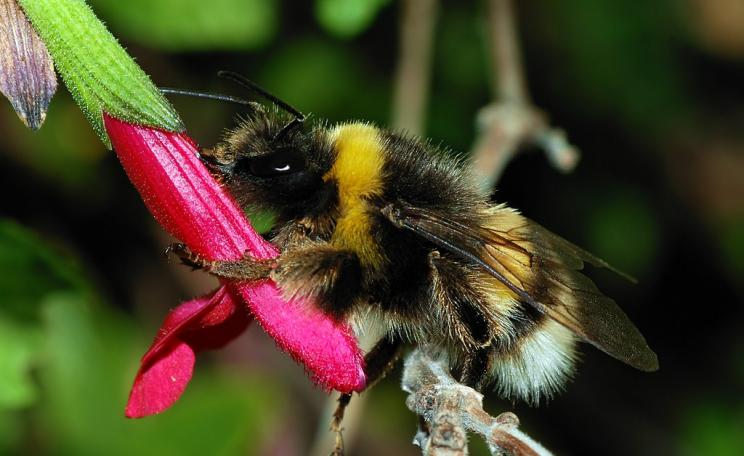Males often leave when there’s more rain, which probably means there’s more food in the environment. They also leave when there are more breeding vacancies for males, and they leave when the distance between groups is small.
It's not just parents of millennials who have to put up with adult offspring at home for longer, according to new research from the University of British Columbia (UBC). Scientists are closer to understanding why some animal species are slow to fly the nest.
A study of the wild southern pied babblers - native to the Kalahari Desert - showed that they also tend to stick around the nest until they're sure of better prospects elsewhere.
Family dynamics between brothers and stepfathers also play a big part in determining when offspring disperse, according to research published in the Journal of Animal Ecology.
To fly or not to fly
Martha Nelson-Flower, a postdoctoral fellow at UBC, used 11 years of data to investigate how the dispersal of male and female babblers was affected by their position in the group social hierarchy, conditions in the environment, and the benefits of staying in their group.
She discovered large distinctions between the sexes. Female birds were more independent, but tended to remain at home when in a larger - and therefore safer - group. In contrast, males left only when they had improved chances of leading a group of their own elsewhere.
Nelson Flower says: “Males often leave when there’s more rain, which probably means there’s more food in the environment.
"They also leave when there are more breeding vacancies for males, and they leave when the distance between groups is small. We think that’s because they’re more likely to encounter other groups, and they can check to see if there are any breeding vacancies in those groups.”
However, a male’s position in the group social hierarchy made a big difference to their decision to disperse.
Dominant female
Brothers queue for an opportunity to inherit the leadership of their group, or that of a neighbouring group - by leaving early, younger brothers could boost their queue position and improve their prospects.
Intriguingly, males with step-fathers also left early, likely because step-fathers prioritise their own, younger sons in the queue.
In contrast, females lower in the pecking order did not leave early but bided their time, waiting for opportunities to overthrow dominant females in other groups.
Nelson-Flower suggests this may be because they sometimes achieve dominance through extreme aggression.
“A large, subordinate strong female would go to a group with a dominant female, and attack that female until she left. Sometimes sisters would come in pairs, and they would work together.”
This Author
Catherine Harte is a contributing editor of The Ecologist. This story is based on a news release from the University of British Columbia.





